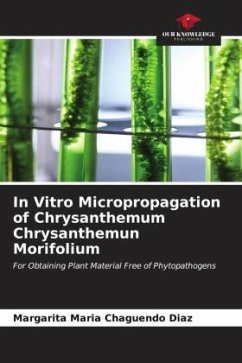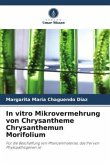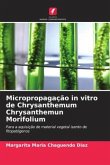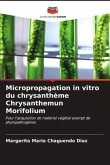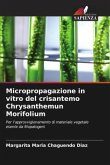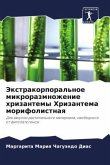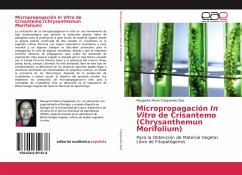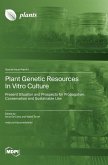The use of in vitro micropropagation is a biotechnological tool that allows obtaining pathogen-free plants for large-scale production of plant material that generates high quality certified seed. Chrysanthemum is the second most economically important floricultural crop in the world and some studies describe protocols for in vitro propagation of some varieties, since effective propagation systems are required to meet export demands. This plant species is attacked by white rust caused by the fungus Puccinia horiana Henn and the presence of the insect Thrips palmy Karny, although Colombia has been declared free of this type of contaminants, the deficiency in agricultural practices can easily spread diseases in small crops, where the economy of growers depends on the production of chrysanthemums on a smaller scale. The objective of this study was to establish in vitro micropropagation protocols for 6 chrysanthemum varieties; this was developed in the Plant Biotechnology laboratory of the National Learning Service.
Bitte wählen Sie Ihr Anliegen aus.
Rechnungen
Retourenschein anfordern
Bestellstatus
Storno

